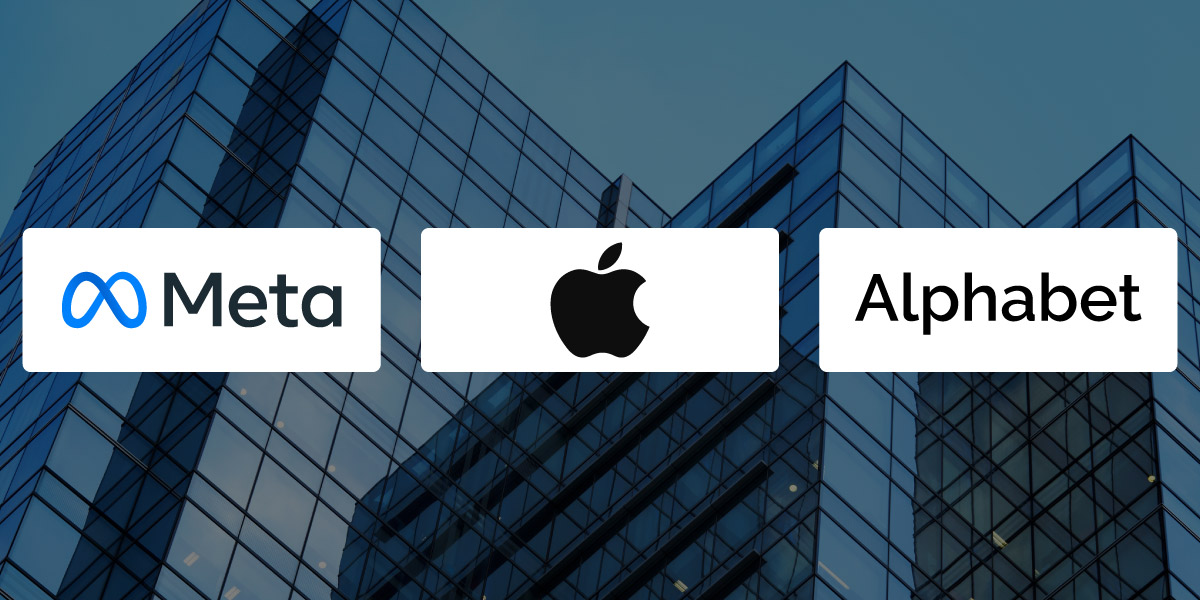Global IT research and advisory business Info-Tech Research Group has published its Data and Analytics Trends 2023 report to assist tech leaders, and their enterprises in staying abreast of the most recent trends. The report discusses various topics, such as identity authenticity, data marketplaces and monetization, and artificial intelligence and machine learning.
Organizations increasingly rely on data and analytics to drive decision-making and achieve a competitive advantage in today’s data-driven environment. Nonetheless, keeping up with significant advancements and new technology in this quickly developing industry can be difficult. By keeping up with these trends, technology leaders and organizations may better utilize their data assets to foster growth and innovation in the coming months.
Key data and analytics trends for 2023
- Data Gravity: Data gravity is the propensity for data to draw other data, services, and applications. It will play a more prominent role in data strategy as failure could lead to expensive cloud repatriations. More and more cloud migration choices will be predicated on data gravity.
- Democratizing Real-Time Data: Real-time data democratization refers to making data broadly accessible to all stakeholders without obstacles or bottlenecks. Achieving data democratization success requires widespread real-time analytics.
- Augmented Data Management: Data management capabilities will be improved or automated via augmented data management, which uses modern technology like AI. Although many experts agree that more effort and sophisticated patterns are required to address many complicated data problems, it is possible to use the current tools and approaches for data management.
- Identity Authenticity: Identity authenticity is closely related to the idea of veracity. A higher level of validity is needed as the value of the data rises. For instance, opening a bank account requires more documentation than adding friends on an online social network. As a result, they trust bank data more than they do social media data.
- Data Monetization: Data monetization converts data into monetary worth and necessitates establishing an organization-wide value-generation plan. This does not, however, entail selling data exclusively. Financial value is created by employing data to enhance and upgrade new and existing products and services.
- Adaptive Data Governance: Adaptive data governance is a flexible strategy that enables an organization to use various data governance methodologies in response to shifting business circumstances. Moving away from manual and frequently slow data governance and towards aggressive automation is the other component of adaptive data governance.
- AI-Driven Storytelling and Augmented Analytics: Artificial intelligence and natural language processing will drive future data visualization and storytelling. Instead of expecting people to perform self-service analysis using dashboards and charts, these tools and processes are rapidly developing. They are now created in a streamlined manner to assist people in understanding what their data means and how to act on it.
- Data Marketplace: The data marketplace is a dynamic market where consumers choose the items with the most value. Based on consumption, businesses may determine the most popular data and decide where to spend. Users can purchase data goods from the market and combine them with others they’ve made to start extremely potent data-driven ventures.
- DevOps > DataOps > XOps: The term “DevOps” originated in the field of software development as a way to combine development (Dev) with IT operations (Ops). Since then, other words for operations have emerged, including AIOps, SalesOps, SecOps, and others. All of these approaches are based on the principles of lean manufacturing, which aim to find waste by emphasizing the reduction of errors, cycle time, collaboration, and measurement.
“As we enter a new era of data and analytics, a data-driven culture and embracing emerging technologies are essential for organizations to remain competitive in the digital age,” says Chris Dyck, advisory lead for the Data, Analytics, and Enterprise Architecture practice at Info-Tech Research Group.
“The changing landscape can be overwhelming, but technology leaders that leverage these trends will be able to identify opportunities to optimize their data strategies, unlock the full potential of organization’s data assets, and drive better business outcomes.”
WRITTEN BY
Team Eela
TechEela, the Bedrock of MarTech and Innovation, is a Digital Media Publication Website. We see a lot around us that needs to be told, shared, and experienced, and that is exactly what we offer to you as shots. As we like to say, “Here’s to everything you ever thought you knew. To everything, you never thought you knew”


